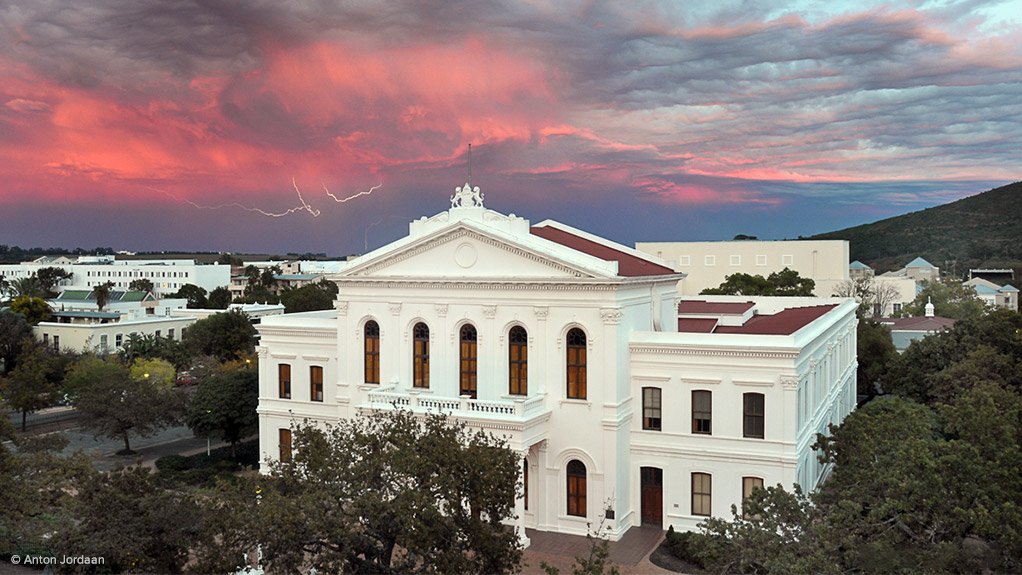Finance Mininster Nhlanhla Nene on Wednesday slammed the recent student demonstrations over fee increases across a number of universities in South Africa, noting that the “disruption of learning is not constructive”.
In his 2015 Medium-Term Budget Policy Statement, the Minister said the past week had been a reminder of the challenges facing the National Treasury in financing the expansion of further education and university opportunities.
He added that student financing needed to be strengthened, citing Minister Blade Nzimande’s earlier statement that solutions needed to be made, as current arrangements were inadequate.
Still, the National Treasury warned that, after experiencing strong growth in the last five years, expenditure on post-school education and training would keep pace with inflation in the years ahead.
“An interdepartmental team is working out the financial implications of the White Paper on post-school education and how the expected expansion of enrolments can be funded. Proposals will be available for consideration by Cabinet in 2016,” it said.
R63.7-billion was earmarked for the 2015/16 year, revised from R54.4-billion in the 2014/15 outcome. This was expected to increase to R66.2-billion in 2016/17 and anticipated to reach R76.6-billion in 2018/19, projecting an average yearly growth of 6.3%.
Nzimande earlier this week highlighted that government remained committed to funding poor students in higher education. “Funding for the poor academically capable students disbursed through the National Student Financial Aid Scheme has increased from R441-million in 1997 to over R9.5-billion this year.
“While funding has increased considerably, it is clearly still insufficient to support all poor and academically deserving students. Processes for improving the disbursement of funds and concerted efforts to root out fraud, as well as sourcing additional funding to support students, are currently being implemented,” he said.
Nene added that a process was under way to cap the increases and that an intergovernmental process had been launched to stabilise the “immediate crisis”. He noted that a meeting between Nzimande, vice-chancellors, university council chairs, students and workers, aimed at discussing the issue of university fee increases for 2016, saw a 6% cap as the outcome.
Nene highlighted that the 6% cap was the result of a negotiated settlement, rather than a decision by government, and likened it to wage negotiations, saying such a dispensation had serious implications on government spending during the year, as it crowded out other priorities.
He added that a process was also under way to look at the issue with all stakeholders to find a longer-term, more sustainable solution for higher education and education in general.
Students, however, were still calling for a 0% increase.Education, training expenditure to keep pace with inflation – Nene
EMAIL THIS ARTICLE SAVE THIS ARTICLE
To subscribe email subscriptions@creamermedia.co.za or click here
To advertise email advertising@creamermedia.co.za or click here











